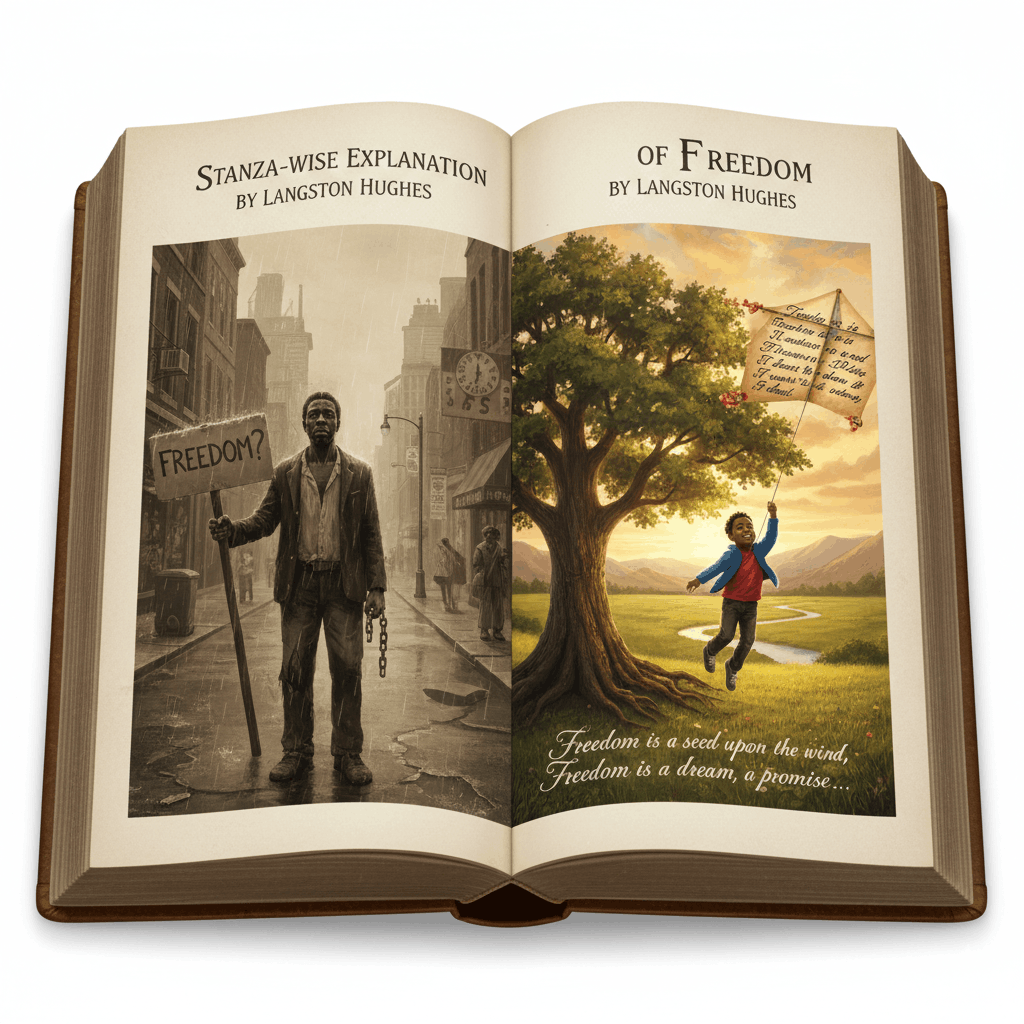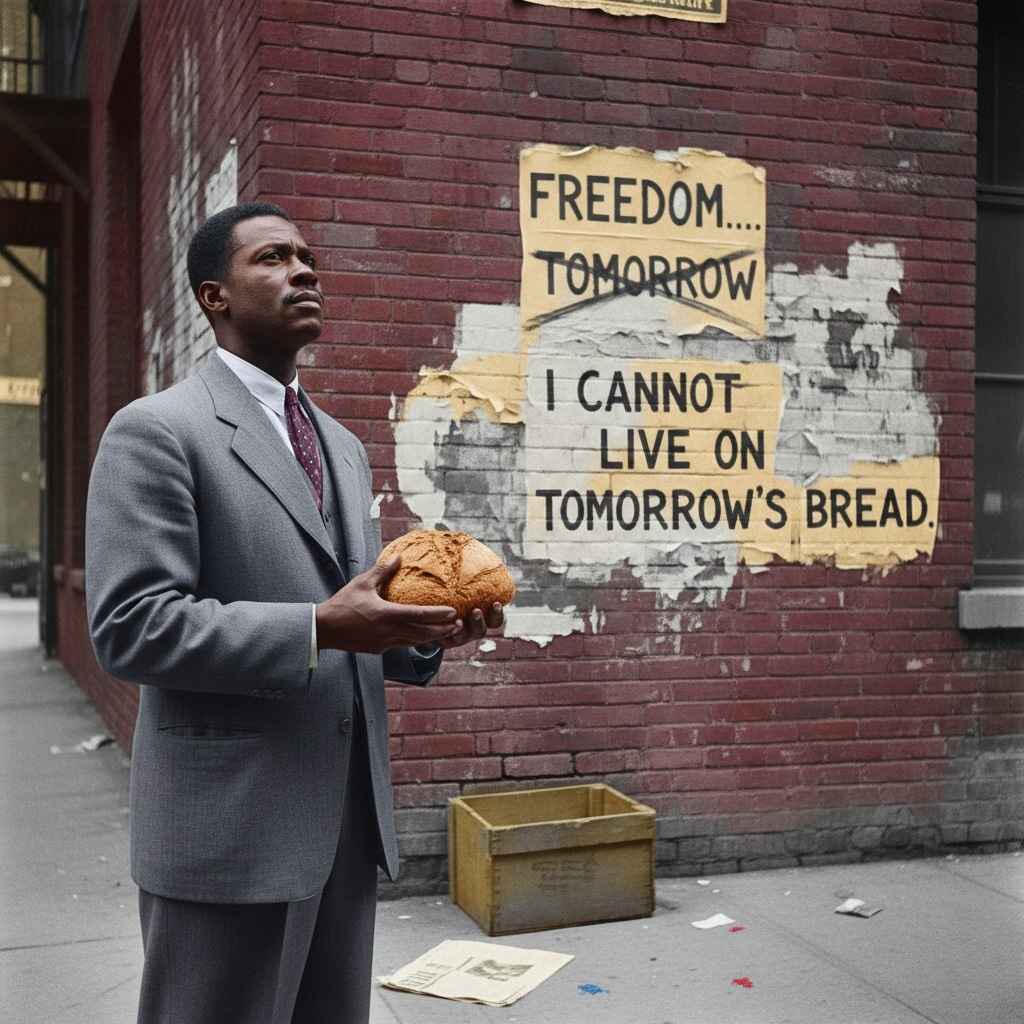Unit # 12: The Impact of AI on Society, Human Relationships, and Ethics
For All Students in General
Reading and Critical Thinking
Q1: Can AI replicate human creativity? What aspects of creativity might AI struggle with?
Answer: AI can create poems, music, and art. But it cannot feel emotions like humans. It lacks imagination and deep thinking. AI copies styles but fails to create original ideas. Human creativity has feelings, dreams, and experiences. AI cannot truly feel them. So, it struggles.
Q2: How can society balance AI-driven job loss with new job opportunities? What new jobs might AI create?
Answer: Society should train people in new skills. AI creates jobs like data analysts and AI trainers. People can design and repair robots. Teachers can train others about AI use. Governments must support skill programs. This will reduce job loss. New jobs will appear.
Q3: How might AI affect human emotions and social interactions? Can it improve or harm our well-being?
Answer: AI helps people connect easily. But it can reduce face-to-face talks. People may feel lonely. AI can improve life with smart helpers. Yet, it may harm feelings and friendships. Too much AI use causes isolation. Balance is important for well-being.
Q4: What ethical guidelines should govern AI use? Who is responsible for ensuring these standards?
Answer: AI should be fair and transparent. It must not hurt people. Companies and governments must make rules. AI should use safe and clear data. Experts should check AI decisions. They must ensure ethical use. Everyone shares this responsibility together.
Q5: Can AI replace human teachers? What limitations does AI have in education?
Answer: AI can help teachers teach. It gives quick answers and checks homework. But it cannot understand feelings. AI lacks care and motivation like teachers. Students need human guidance. AI supports learning but cannot replace teachers. Emotions and morals need humans.
Q6: What might be some long-term consequences if AI continues to replace human workers in various sectors? How should society address these challenges?
Answer: Many people may lose jobs. This will create poverty and stress. Society must teach new skills. Governments should support affected workers. New jobs in AI and tech can help. Education is the solution. People need skills for the future.
Q7: What are long-term effects of AI on society? Will humans and AI coexist or will AI surpass human capabilities?
Answer: AI will change work and life. It will make tasks easier and faster. Humans and AI will work together. But AI cannot replace human emotions. It may become smarter in tasks. Yet, humans have feelings and morals. Coexistence is better.
Q8: What will be the impact of AI on human relationships? Can AI truly understand human relations?
Answer: AI helps people connect online. However, it cannot feel real emotions. AI lacks a true understanding of love and care. It may reduce face-to-face talks. Human relations need feelings and empathy. AI can support, not replace. True bonds need humans.
Pre-Reading Questions
Q1: What kinds of technology do you use regularly? e.g., smartphones, computers, social media, etc.
Answer: I use smartphones, computers, and social media daily. My smartphone helps me call, message, and browse the internet. I use my computer for studies, notes, and writing. Social media apps like WhatsApp, Facebook, and YouTube keep me connected with friends and learning videos. These technologies are part of my life.
Q2: How do they think technology has impacted the way you work, communicate, or learn?
Answer: Technology has changed my life greatly. I learn faster through online videos and websites. I talk to teachers and friends on WhatsApp easily. My computer makes writing and studying organized. Technology saves time and energy. It helps me study well, stay updated, and makes communication easier than before.
Q3: Have you ever heard of Artificial Intelligence (AI)? In what contexts have you encountered it?
Answer: Yes, I have heard about AI. AI is used in Google Assistant and Siri for questions. Phones use AI for face detection. YouTube uses AI to suggest videos I like. AI is used in hospitals to detect diseases. It is now a common part of daily life and technology.
Q4: Have you ever used an AI-powered app or service? If so, which one(s)?
Answer: Yes, I have used AI-powered apps. I use Google Assistant to ask questions and set alarms. My phone uses AI for face unlock. Grammarly checks my writing using AI. YouTube uses AI to suggest videos I like. These AI apps help me study, work, and manage daily tasks easily.
Additional Questions
Q1: What is the theme of “The Impact of AI on Society, Human Relationships, and Ethics?”
Answer: The theme explores the impact of AI on our lives. It improves healthcare and education. It also changes entertainment and finance. However, it also affects human relationships. It discusses privacy and bias issues. Students learn its benefits and risks. They reflect on its role in society.
Q2: What is the concept of Artificial Intelligence (AI)?
Answer: AI means machines acting like humans. They can think, learn, and solve problems. AI helps in daily tasks easily. It can write, speak, and play games like humans. But it does not have feelings. It uses data to work smartly. AI is a useful technology today.
Q3: State three advantages of AI over human intelligence.
Answer: AI works faster than humans. It does not get tired doing tasks again and again. It makes fewer mistakes using data and logic. AI saves time in hard work. It stores big information easily. It works all day without rest. These are AI’s main advantages.
Q4: How does AI contribute to education programs?
Answer: AI helps students learn better. It gives lessons according to student needs. It checks homework quickly. Teachers get help in grading. AI answers students’ questions anytime. It makes learning easy and fun. AI is becoming important in education today.
Q5: Some people are of the view that AI is declining innovations. Give three arguments in favor or against this notion.
Answer: AI helps innovation by giving new ideas fast. It finds answers using big data. It makes work easy by automation. But some say AI reduces human creativity. They think people depend too much on it. Still, AI mostly supports innovation. It saves time for new ideas.
Q6: What impending dangers regarding the use of AI require serious controlling measures?
Answer: AI can take away many jobs. It may make people lazy. AI decisions can be unfair sometimes. It can be used for bad purposes. Data privacy can be at risk. Hackers can misuse AI systems. Strict rules are needed to control these dangers.
Q7: To what limit can AI truly understand and replicate human creativity and innovation?
Answer: AI makes poems, art, and music by data patterns. But it has no emotions or dreams like humans. It helps in creative tasks but cannot create original ideas alone. Human creativity comes from feelings. AI just copies styles. It supports creativity but cannot replace humans fully.
Q8: Describe the recent applications of AI in the field of education and engineering.
Answer: In education, AI gives personal lessons to students. It checks homework fast. In engineering, AI designs smart buildings. It controls traffic systems well. AI robots help in construction work. It improves planning and safety. AI is useful in both fields now.
Q9: Discuss the recent constructive role of AI in the medical field.
Answer: AI finds diseases quickly using scans. It helps doctors make good treatment plans. AI robots assist in surgeries safely. Chatbots give health advice anytime. It helps in making new medicines. AI checks patient health through devices. It makes healthcare easy and fast.
Q10: Is AI going to play havoc with our lives and cause the death of creativity in the future? Elaborate your point of view.
Answer: AI may reduce some creative jobs. But it helps people work faster. It cannot replace human feelings and ideas. AI makes tasks easy so people can think better. Creativity comes from the heart and mind. AI is only a tool. It will not kill creativity if used well.
Q11: How will AI reshape the future of work and employment?
Answer: AI will do simple and hard tasks quickly. Some jobs may end but new jobs will come. People need to learn tech skills. AI will increase work speed. It will make workplaces smarter. Humans must use thinking and creativity. This will keep them important in future.

For Average Students
Q1: Can AI replicate human creativity? What aspects of creativity might AI struggle with?
Answer: AI creates poems, art, and music. But it lacks human feelings. It cannot imagine like humans. It copies styles only and struggles with emotions.
Q2: How can society balance AI-driven job loss with new job opportunities? What new jobs might AI create?
Answer: Society should teach tech skills. AI creates jobs like robot designers. People can work as AI trainers. Governments must support skill programs. New jobs will come.
Q3: How might AI affect human emotions and social interactions? Can it improve or harm our well-being?
Answer: AI helps connect people online. But it reduces face-to-face talks. Some feel lonely. It improves life with smart apps. Too much use causes harm.
Q4: What ethical guidelines should govern AI use? Who is responsible for ensuring these standards?
Answer: AI should be fair and safe. It must not harm people. Governments must make rules. Companies must follow them. Everyone shares this responsibility.
Q5: Can AI replace human teachers? What limitations does AI have in education?
Answer: AI helps in teaching tasks. It gives quick answers and checks work. But it cannot feel students’ emotions. Human teachers guide with care. AI supports only.
Q6: What might be some long-term consequences if AI continues to replace human workers in various sectors? How should society address these challenges?
Answer: Many people will lose jobs. Poverty and stress will rise. Society must teach new skills. Governments should support workers. New tech jobs will help.
Q7: What are long-term effects of AI on society? Will humans and AI coexist or will AI surpass human capabilities?
Answer: AI will change life and work. It makes tasks easy and fast. Humans and AI will work together. AI lacks feelings. Coexistence is better.
Q8: What will be the impact of AI on human relationships? Can AI truly understand human relations?
Answer: AI helps people connect online. But it has no real feelings. It cannot understand love or care. True relations need humans. AI only supports.
Pre-Reading Questions
Q1: What kinds of technology do you use regularly? e.g., smartphones, computers, social media, etc.
Answer: I use smartphones daily. They help me call and message. I use computers for study. Social media connects me to friends. Technology is part of life.
Q2: How do they think technology has impacted the way you work, communicate, or learn?
Answer: Technology has changed my life. I learn fast from online videos. I talk to teachers easily. My writing is organized on computer. Communication is easier now.
Q3: Have you ever heard of Artificial Intelligence (AI)? In what contexts have you encountered it?
Answer: Yes, I know AI. Google Assistant uses AI for questions. Phones use AI for face unlock. YouTube suggests videos using AI. Hospitals use AI too.
Q4: Have you ever used an AI-powered app or service? If so, which one(s)?
Answer: Yes, I use AI apps. Google Assistant answers my questions. My phone uses AI for face unlock. Grammarly checks my writing. YouTube suggests videos.
Additional Questions
Q1: What is the theme of “The Impact of AI on Society, Human Relationships, and Ethics?”
Answer: The theme shows AI’s impact. It changes health and education. It affects human relations too. Students study its risks and benefits. They reflect deeply.
Q2: What is the concept of Artificial Intelligence (AI)?
Answer: AI means machines act like humans. They think and solve problems. AI helps in daily tasks. But it has no feelings. It works smartly.
Q3: State three advantages of AI over human intelligence.
Answer: AI always works fast. It never gets tired. It makes fewer mistakes. AI stores big data easily. It works the whole day. These are advantages.
Q4: How does AI contribute to education programs?
Answer: AI helps students learn well. It gives lessons as needed. It checks homework fast. Teachers get grading help. AI makes learning easy.
Q5: Some people are of the view that AI is declining innovations. Give three arguments in favor or against this notion.
Answer: AI supports innovation fast. It gives answers quickly. It saves time with automation. Some say it kills creativity. But AI mostly helps ideas.
Q6: What impending dangers regarding the use of AI require serious controlling measures?
Answer: AI may take jobs. People become lazy. AI decisions can be unfair. Hackers misuse AI systems. Strict rules are needed. Data privacy is at risk.
Q7: To what limit can AI truly understand and replicate human creativity and innovation?
Answer: AI creates poems and art. But it has no feelings. It copies styles only. Human creativity has emotions. AI supports but cannot replace fully.
Q8: Describe the recent applications of AI in the field of education and engineering.
Answer: AI gives personal lessons in education. It checks homework quickly. In engineering, AI designs smart buildings. It controls traffic systems well. AI helps with planning.
Q9: Discuss the recent constructive role of AI in the medical field.
Answer: AI finds diseases fast. It helps doctors plan treatments. Robots assist in surgeries. Chatbots give health advice. AI checks patient health easily.
Q10: Is AI going to play havoc with our lives and cause the death of creativity in the future? Elaborate your point of view.
Answer: AI may reduce some jobs. But it saves time. It cannot replace human ideas. Creativity comes from heart. AI is only a tool.
Q11: How will AI reshape the future of work and employment?Answer: AI does simple tasks quickly. Some jobs will end. New tech jobs will come. People need tech skills. Humans must use creativity too.
Questions and Answers English Book 11: https://englishwithnaeemullahbutt.com/category/questions-answers-english-book-11/
Visit Google to search for English literature topics, authors, and study resources:https://www.google.com
Discover more from Naeem Ullah Butt - Mr. Blogger
Subscribe to get the latest posts sent to your email.



